Sunday, April 14, 2024 – Easter 3
First Congregational Church of Cheshire
© the Rev. Dr. James Campbell
John 20:19-31
When it was evening on that day, the first day of the week, and the doors of the house where the disciples had met were locked for fear of the Jews, Jesus came and stood among them and said, “Peace be with you.” After he said this, he showed them his hands and his side. Then the disciples rejoiced when they saw the Lord. Jesus said to them again, “Peace be with you. As the Father has sent me, so I send you.” When he had said this, he breathed on them and said to them, “Receive the Holy Spirit. If you forgive the sins of any, they are forgiven them; if you retain the sins of any, they are retained.” But Thomas (who was called the Twin), one of the twelve, was not with them when Jesus came. So the other disciples told him, “We have seen the Lord.” But he said to them, “Unless I see the mark of the nails in his hands, and put my finger in the mark of the nails and my hand in his side, I will not believe.”
A week later his disciples were again in the house, and Thomas was with them. Although the doors were shut, Jesus came and stood among them and said, “Peace be with you.” Then he said to Thomas, “Put your finger here and see my hands. Reach out your hand and put it in my side. Do not doubt but believe.” Thomas answered him, “My Lord and my God!” Jesus said to him, “Have you believed because you have seen me? Blessed are those who have not seen and yet have come to believe.” Now Jesus did many other signs in the presence of his disciples, which are not written in this book. But these are written so that you may come to believe that Jesus is the Messiah, the Son of God, and that through believing you may have life in his name.
In the Communion liturgy today, we will use words of welcome that I have loved since the very first time I ever heard them. The words are like this: “The first time Jesus sat down to this meal, among those gathered there was one who would doubt him, one who would deny him, one who would betray him, and they would all leave him alone before that night was over. And he knew it. Still, he sat down to eat with them. If he ate with them, surely he’s ready to eat with us…”
I love those words because of their exceedingly broad welcome despite our flawed humanity. They remind us of the bottom line: that we are loved, accepted, and welcomed just as we are. - But there is also something about these words that bothers me. And I couldn’t quite put my finger on it until this week, as I was preparing this sermon about the one we call “Doubting Thomas.”
Doubting Thomas, a name no one ever called him while he was alive. Doubting Thomas, as if that’s all he ever was.
But the name stuck. And names tend to define us for others. And I think that one of the reasons this name still sticks is that it makes Thomas a convenient scapegoat for something that we have defined as a defect: doubt. - And that is what bothers me about this communion invitation. It ever so casually lumps doubt into the same bucket as denial and betrayal. And frankly, nothing could be farther from the truth – because denial and betrayal are both decisions that we make. But doubt often comes to us unbidden, nibbling at the corners of our minds. And because we think of it as a weakness, we cannot see the role it plays in a healthy and lively faith.
It was the evening of the Day of Resurrection. And the traumatized disciples were locked behind closed doors, fearing for their lives. Actually, John says that they were locked away “for fear of the Jews.” And this phrase, and others like it in the Gospel of John, has been used to fuel anti-Semitism for much of the church’s history. But that is a misreading of John’s Gospel. Remember that Jesus himself was a Jew, and the disciples were all Jews, and all of the first Christ-followers were Jews. So, they were not so self-loathing that they were afraid of themselves. And they were not afraid of all the people they knew and loved. And they were not afraid of the religion that formed them. - They were afraid of the religious authorities who had conspired with the Romans to have Jesus put to death. So, when you see a reference to “the Jews” in John’s Gospel, always read it like that: the religious authorities.
So, there the disciples were, locked in, when suddenly the Risen Jesus appears in the room. And the very first thing he said to his emotionally battered friends was: “Peace be with you.” Then Jesus showed them his wounds, still present and prominent even after the Resurrection.
And then an odd thing happened. Jesus breathed on his friends and said: “Receive the Holy Spirit.” This is the Gospel of John’s version of the Pentecost: no upper room, no flames of fire, no speaking in tongues - just Jesus breathing life on his friends.
Unfortunately, not everyone was there that day. Thomas was absent. And that has always made me wonder: wasn’t he afraid too? And just what was he doing that day when everyone else was locked away?
The next time the rest of the disciples saw Thomas, they told him that they had seen the Lord. This is the same message that the first witness, Mary Magdalene had proclaimed. But apparently, no one believed her, since the same day they had locked themselves in a room. But now that they had seen Jesus too, they expected old Tom to take their word for it - a courtesy they had not extended to Mary.
But Thomas didn’t take their word for it. And Thomas went even further, proclaiming that unless he put his finger in the mark of the nail and his hand in the opening in Jesus’s side, he would not believe a word of it.
And frankly, why should he? Why should anyone believe such an outlandish thing just because someone else said it is so?
A week later, Jesus’s disciples were once again behind secured doors. Now, wait a minute… Hadn’t they seen the Risen Jesus for themselves seven days before? They sure had. But isn’t that true to form for the way faith works for all of us – moments of illumination and clarity are very often followed by moments of deep darkness and confusion.
But Jesus appeared behinds those bolted doors too. And notice his lack of recrimination. He doesn’t ask them why the door is locked. He doesn’t ask them why their faith isn’t stronger. He doesn’t ask them why the Resurrection didn’t make a bigger difference in their lives. He just says what he always says: “Peace be with you.”
This time, Thomas was there. This time, Jesus invited Thomas to get the proof he needed. Now, there is no indication that Thomas actually put his finger and his hands in the wounds. But seeing was believing. And it caused Thomas to make one of the most profound confessions of faith in the entire New Testament: “My Lord and my God,” he exclaimed.
It was a very bright moment. Until, of course, it faded. Until, of course, Thomas doubted again. Until, of course, the next time the disciples hid behind locked doors. - And they are us. Because I have doubts. Yes, really. And you have doubts. Doubt is simply the conversation that faith has with reality. But if this story tells us anything, it is this: that no door, no wall, no pain, no fear, no doubt can ultimately stop the One who comes speaking peace.
My niece was raised in the church – in fact, she was there all the time. But as she got older, the church became less attractive for her. It seemed to have little resonance in her life or connection to how she saw the world. Eventually, her disinterest in the church started to harden into something else based in her disappointment with God and her confusion about unanswered prayers. And one she came to the conclusion that she doesn’t believe there is a God.
When her mother told me this, I could hear the love and the concern in her voice. We were both quiet for a moment, and then I said: “Well, my niece may no longer believe in God. But God will always believe in her. And that’s what really matters.”
And God believes in you. God believes in me. God believes in everyone ever born. God’s love for us does not depend upon the function of our minds. Therefore, doubt is not something to ultimately fear nor is it a reason for shame. In fact, I think it is often something far brighter than that. Doubt can be a sign of life. It can be a sign that God and Jesus and the world and the church and justice and peace and equity actually matter to you deeply.
So, blessed be Thomas, who cared too much to accept an easy answer! And blessed be all of us who doubt, for it is to us that Jesus comes, speaking peace.
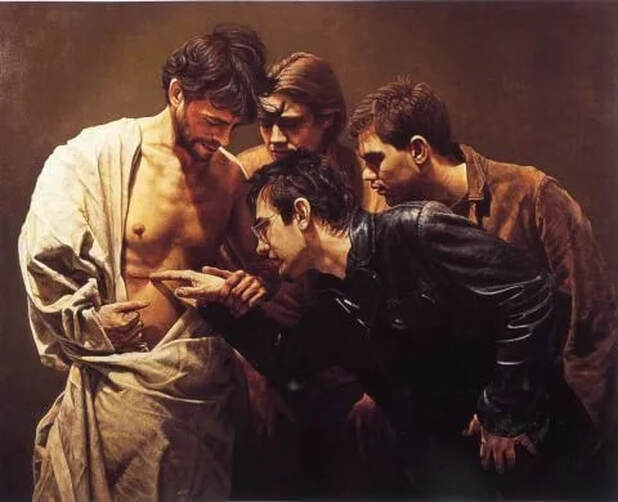
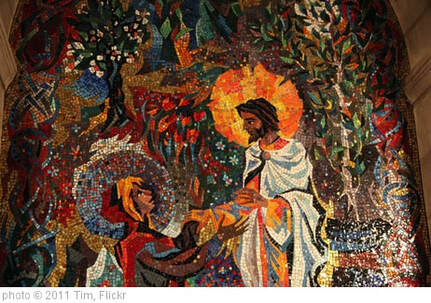
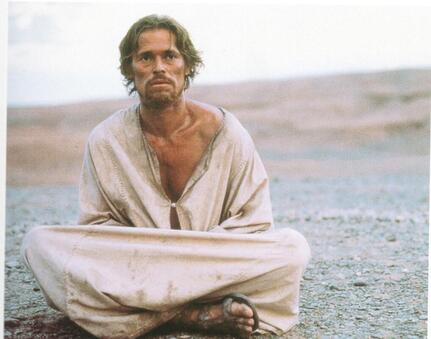

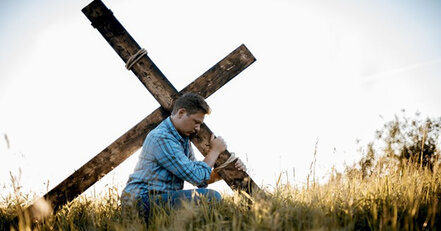

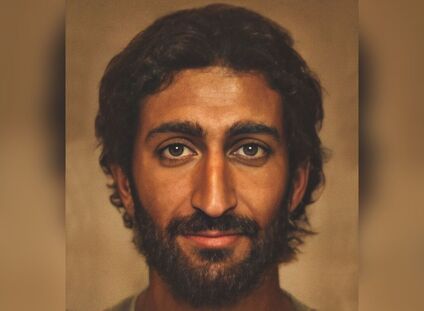
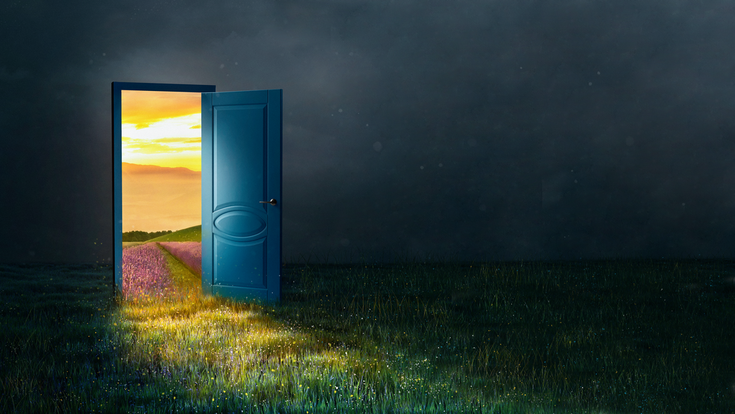
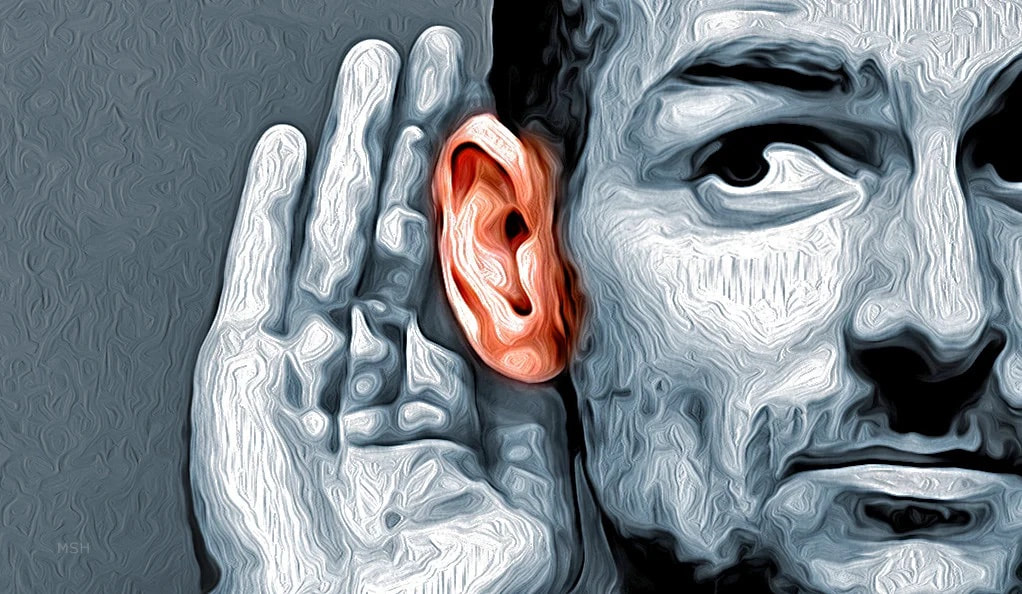

 RSS Feed
RSS Feed